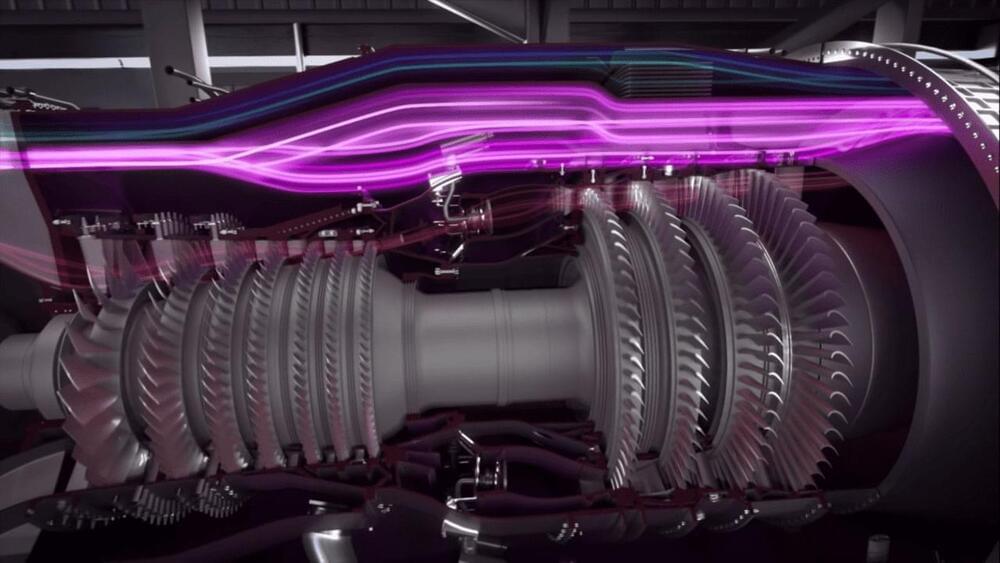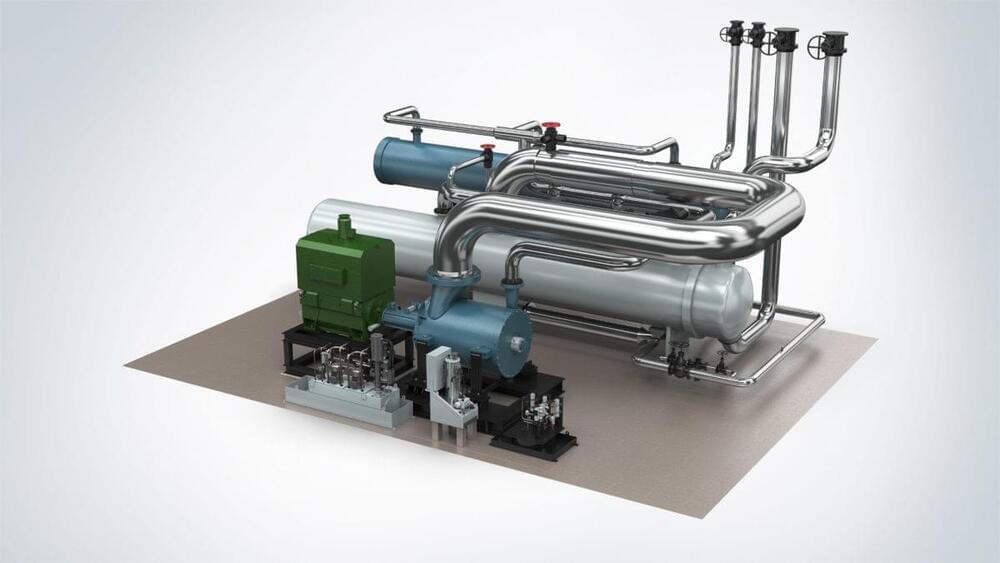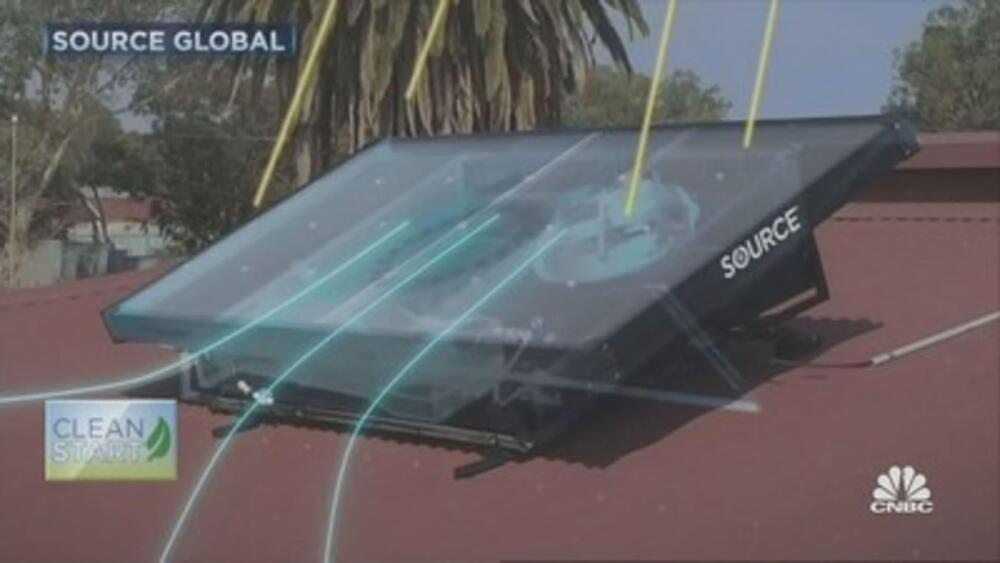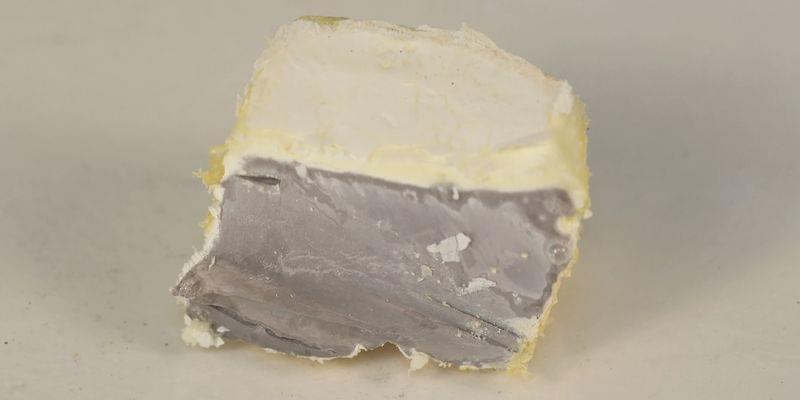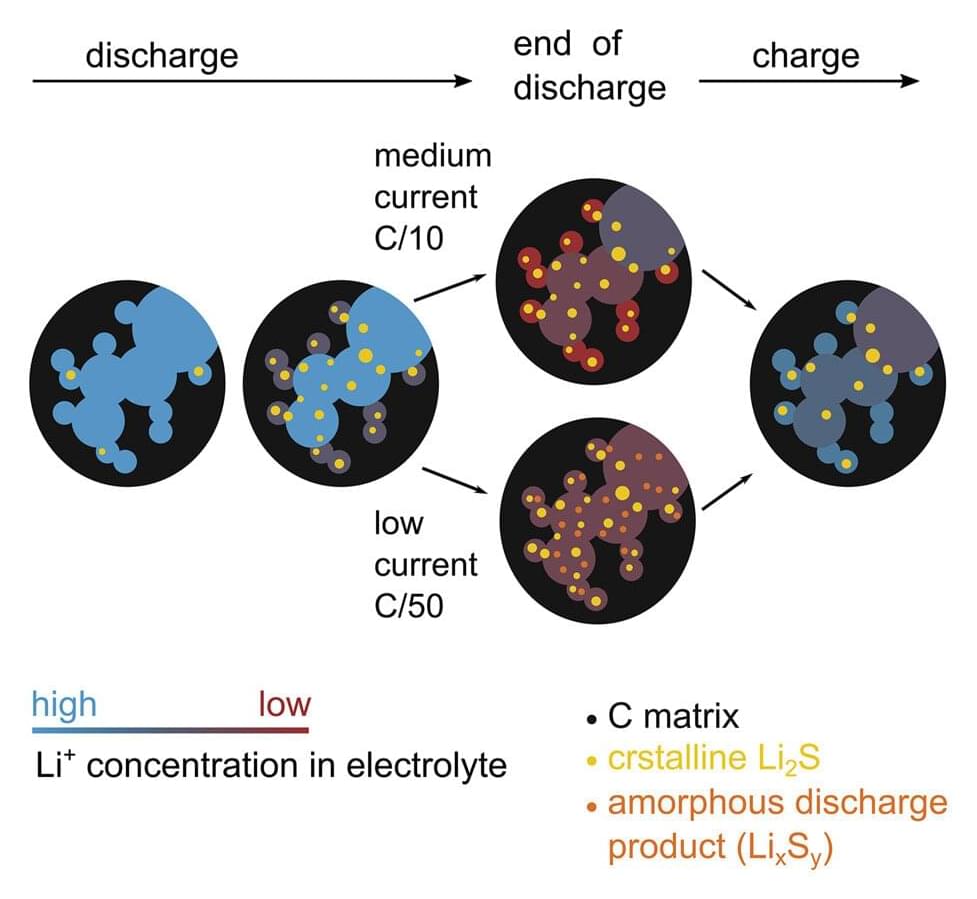The U.S. Air Force and General Electric (GE) have begun the Phase 2 testing of GE’s second XA100 adaptive cycle engine at the Air Force’s Arnold Engineering Development Complex (AEDC) in Tennessee.
The Phase 1 testing of this XA100 engine was completed in November 2021 in Evendale, Ohio. Developed by GE Edison Works advanced program unit, the XA100 is a three-stream adaptive cycle engine demonstrator that can direct air to the bypass third stream for increased fuel efficiency and cooling or to the core and fan streams for additional thrust and performance.
GE’s XA100 engine is uniquely designed to fit both the F-35A and F-35C without any structural modifications to either airframe, enabling better aircraft range, acceleration, and cooling power to accommodate next-generation mission systems, while also ensuring durability and enhanced readiness.
